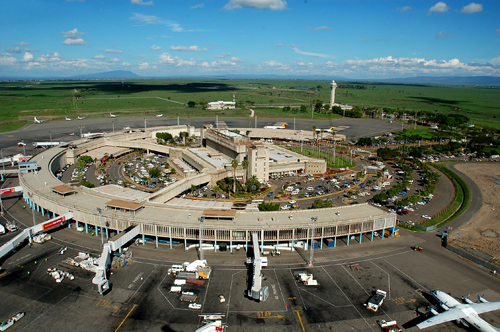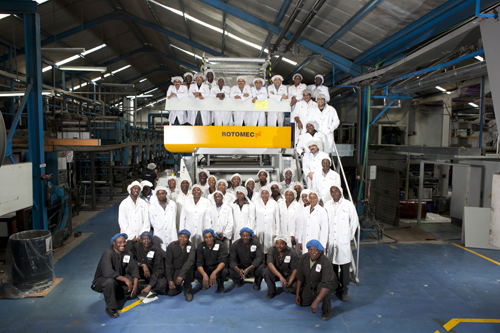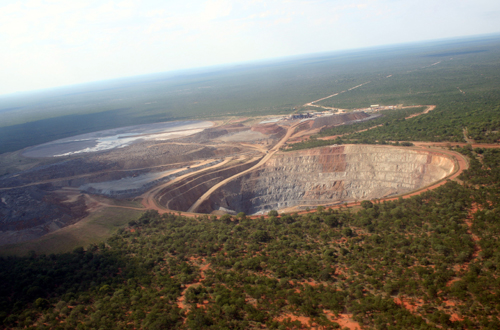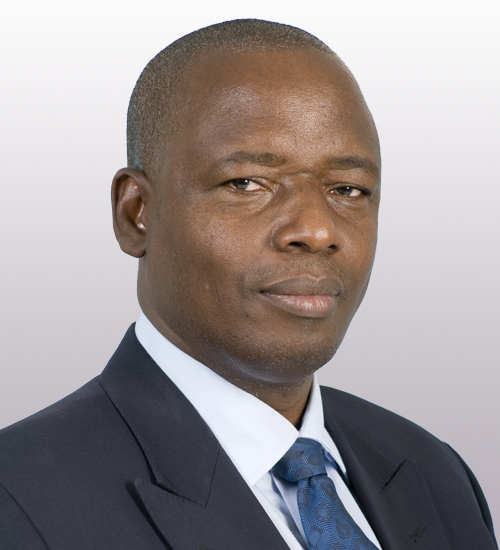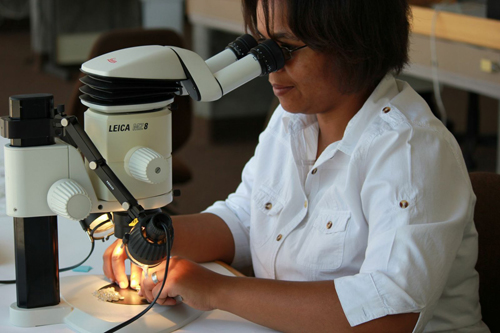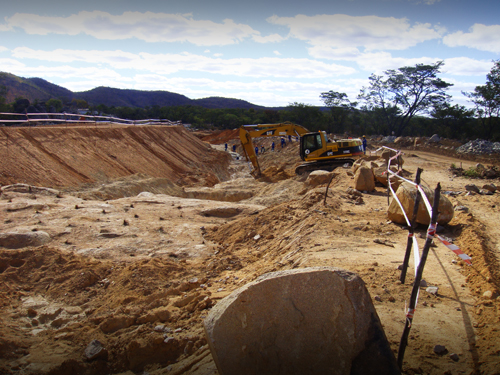
It is not hard to see why Resource Generation, a company listed on both the Australian and Johannesburg stock exchanges, was attracted to the Waterberg region of South Africa and in particular to the Boikarabelo coal mine which it has been developing since 2008. The area, in the north-east of South Africa close to the border with Botswana, is very accessible, and the quality of coal in the resource unrivalled.



 ResGen-Africa-Mining-July13-Bro-s.pdf
ResGen-Africa-Mining-July13-Bro-s.pdf